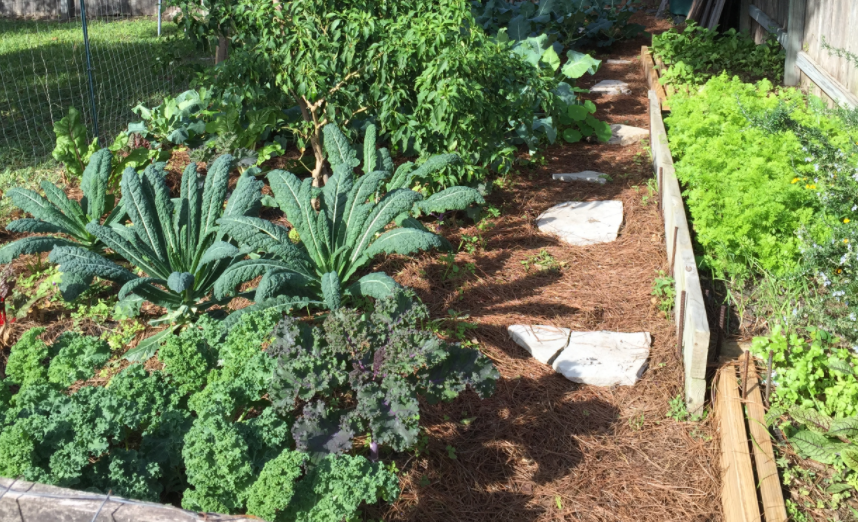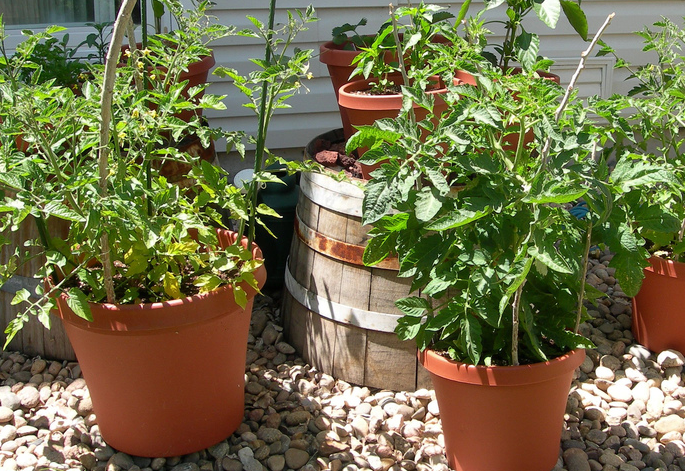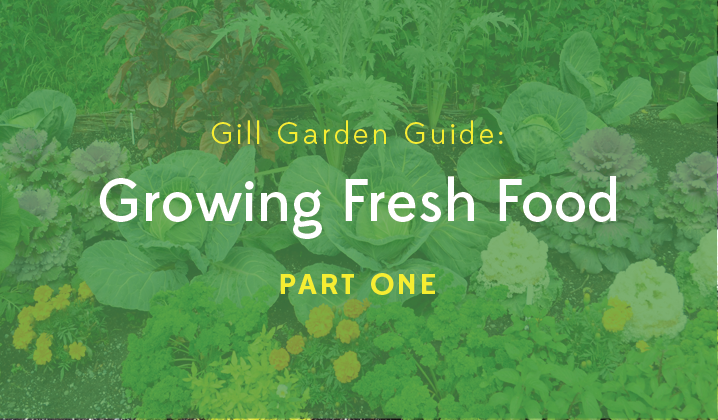Food from a garden is one of life’s best experiences. You get to play in dirt, sweat with a purpose, and the payoff is just plain rewarding: nutritious, delicious foods for you and your family. Not only is food-gardening fun, but it teaches us patience, trust, and connects us to where life begins – in the soil. So let’s get started!
1. Keep it Simple
Not too big, not too much. Gardening is fun and laborious. Your first few gardens should be manageable enough for you to have fun and success with.
2. Choose Your Food
We have two great seasons for growing food. Spring (Feb. 1st – June 1st) and Fall/Winter (Sept. 15th – Jan 31st). Each offers their own bounty. Mother Nature plays a vital part in this – check out “Gill’s Spring Vegetable Planting Dates For Nueces County” to help you decide what to grow and when to plant.
3. Pick Your Spot
All food gardens need: Adequate sun, nearby water source, good soil, and proper drainage. Whether you are planting in the ground, raised beds, or in containers, 4 to 6 hours of mid-day sun is generally enough for popular edibles like tomatoes, peppers, squash, beans, and most herbs.

Above: Last year, Debbie shared a weekly log of her fall/winter veggie garden – check it out!
Planting in: The Ground
Most vegetable plants will enjoy a good 12 inches of rich soft loam to grow in. You can make your own by adding Nature’s Blend or Cotton Burr Compost, to your existing soil. Follow this with Dried Molasses to attract good soil microbes.
Here’s my recipe for ground planting:
- Clean/clear area of all weeds and grass
- Moisten soil a couple of days before breaking ground-good for your back!
- Break soil with a dirt fork if it’s hard packed. Then till the soil.
- Add compost, till some more
- Add molasses and Medina Growin Green Organic Fertilizer. Chicken feed it across the bed.
- Hand rake into soil, water and rest the soil, at least a few days
The end result should be good rich soil, slightly mounded and ready for planting.

Above: A raised bed we installed for one of our landscape customers – all ready to plant!
Planting in: Raised Beds
Raising the bed has some great benefits including reducing weeds, helps with soil compaction, concentrates your energy in smaller spaces, easier to maintain, and it’s easier on your back…for those of us who need all the help we can get!
Here’s my recipe for planting in raised beds:
- Build your gardens up as little as 4 inches, as much as 24 inches, more is better, with cinder blocks, rocks, or treated lumber.
- Add sandy loam, purchased in bulk, and Nature’s Bend Compost. Mix it up.
- Add Medina Growin Green and dry molasses.
- Mix in, water, and rest; a few days for the soil & as needed for you.

Planting in: Containers
Using containers for growing food is perfect for small spaces or those who just want a little something to grow…a tomato, a pepper, a few herbs. You can add a trellis for beans and a few herbs or edible flowers for a pop of color.
HERE’S MY RECIPE FOR PLANTING IN CONTAINERS:
- Choose some large pots, at least 5 gallon size, 10 gallon is better. Something pretty or old used nursery pots are fine.
- Fill with good potting soil. Potting Soil by Landscaper’s Pride and Premium Potting Soil by Back to Nature are quality mixes for containers.
- No need for anything to rest, the soil’s already blended and the work is easy!
Look ahead for the next part of this series. We’ll talk about what to plant this spring, seeds and transplants, growing vertical, fertilizing, and watering.
-Debbie 



Michaela Hill says
What is the price for the pictures raised bed installation in a Portland, TX back yard?
Jesse says
Good morning! Give us a call at 361.992.9674 and ask to speak to one of our landscape designers. They’ll ask you some questions about your yard, discuss the project, and go from there.
Irma Arredondo Gonzales says
Receive your newsletter
Joyce Lauer says
Wish you would make the articles printable without the junk included. Thank you for all the good information…A beginning gardener.